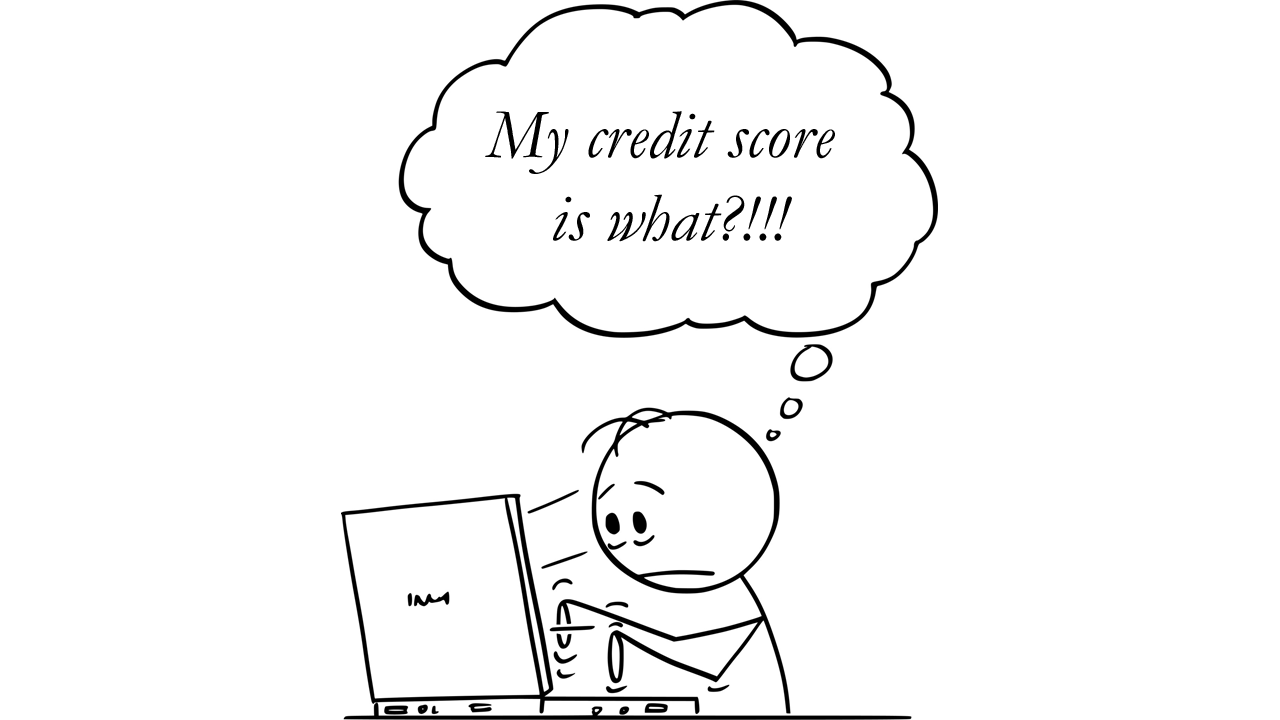The Credit Score Game

Thinking about the credit score game, much less playing it, may not be at the top of your priority list. Let’s face it, who wants to deal with all those complex rules anyway? But the fact is, whether or not you like it, you are in the game, and not knowing and playing by the rules can cost you money, and lots of it. When you apply for a car loan or home mortgage, lenders will go first to your credit score and base the interest rate for your loan on your credit score. The lower your credit score, the higher your interest which translates into higher monthly payments. Your credit score is also used to determine whether or not to rent or lease you a home or apartment. Some employers even consider your credit score when you go for a job interview.
If you are now reconsidering your lack of enthusiasm for playing the credit score game, then I have accomplished my first task.
‘How do I improve my credit score’ may be the question you are currently asking yourself. So let’s jump into some simple ways to have you play and win the game. Let’s start with the basic rules and scoring. Your credit (FICO) score is made up of 5 ingredients: Payment History (35%), Amount of debt (30%), Length of credit history (15%), Amount of new credit (10%), and Credit mix (10%).
The 3 main credit bureaus, Experian, TransUnion and Equifax, look at all of these ingredients to determine how well you are playing which determines your credit score. 300 is the lowest and 850 is stellar. Having a low score may make you want to hit the locker room but fret not, this game is not over. The fastest way to start down the path of improving your score is to first check to see if there are any errors in your credit report. Past debts that have been paid, credit cards or loans from exe’s and just simple errors are some of the biggest mistakes you may find in your report. Fortunately, you can cry foul and dispute these by contacting the credit bureau and letting them know. Each has a dispute center on their web portal. The Federal Trade Commission has a link where you can get a Free copy of your credit report.
Now let’s dive into some other ways to improve your score. Since your Payment History is 35% of your overall score, it makes sense to pay your bills on time. If you open a free account with Experian, you will be able to see your payment history for the past 7+ years. It may feel a little invasive seeing all this information about your financial history, but these are the rules of the game so get used to it. Again, if you see any errors, be sure to dispute them.
Amount of debt is also important since it makes up 30% of your score. Using 6% or less of your overall credit is considered Exceptional so work on getting your balances down. Now, once you’ve paid off a credit card, you may want to just close the account to avoid any future bad choices, but this can also hurt your score since 15% of it is your credit history. Having a credit card for a long time is considered good and pleases the credit score judges. So keep the ones you have had longer. Also remember that when you close an account your overall available credit goes down which will impact your debt to credit percent which will lower your score as well. Yikes.
The amount of new credit you apply for can weigh down your score so be mindful and don’t apply for more than one card in a year. If you are loan hunting, they generally take that into consideration and won’t ding your score. Yeah, score one for the underdogs. Adding a car or home loan is also good for your score since your Credit mix is 10% of your score.
Finally, Experian introduced something called Experian Boost. This is where you can manually enter information for your Internet, Cell, Electric and Water bills to get an instant boost in your score. Simply enter the required information and voilá you could see your score go up by several points.
While this may seem like a lot to digest and manage, when you take it one step at a time, it becomes quite easy and manageable. Don’t become obsessed - it is easy to do. Just bring awareness to what your score is made up of and how your financial actions can raise (or lower) your score. Remember, this isn’t brain surgery - it’s just a game. But it is important you understand and play by the rules as it can save, or cost you money in the long run. Throw yourself into the game and have fun. Celebrate the wins and learn from the losses.
Good luck and see you on the other side,
- Coach Pericles
Portions of this post were syndicated in Medium and The Financially Independent Millennial

